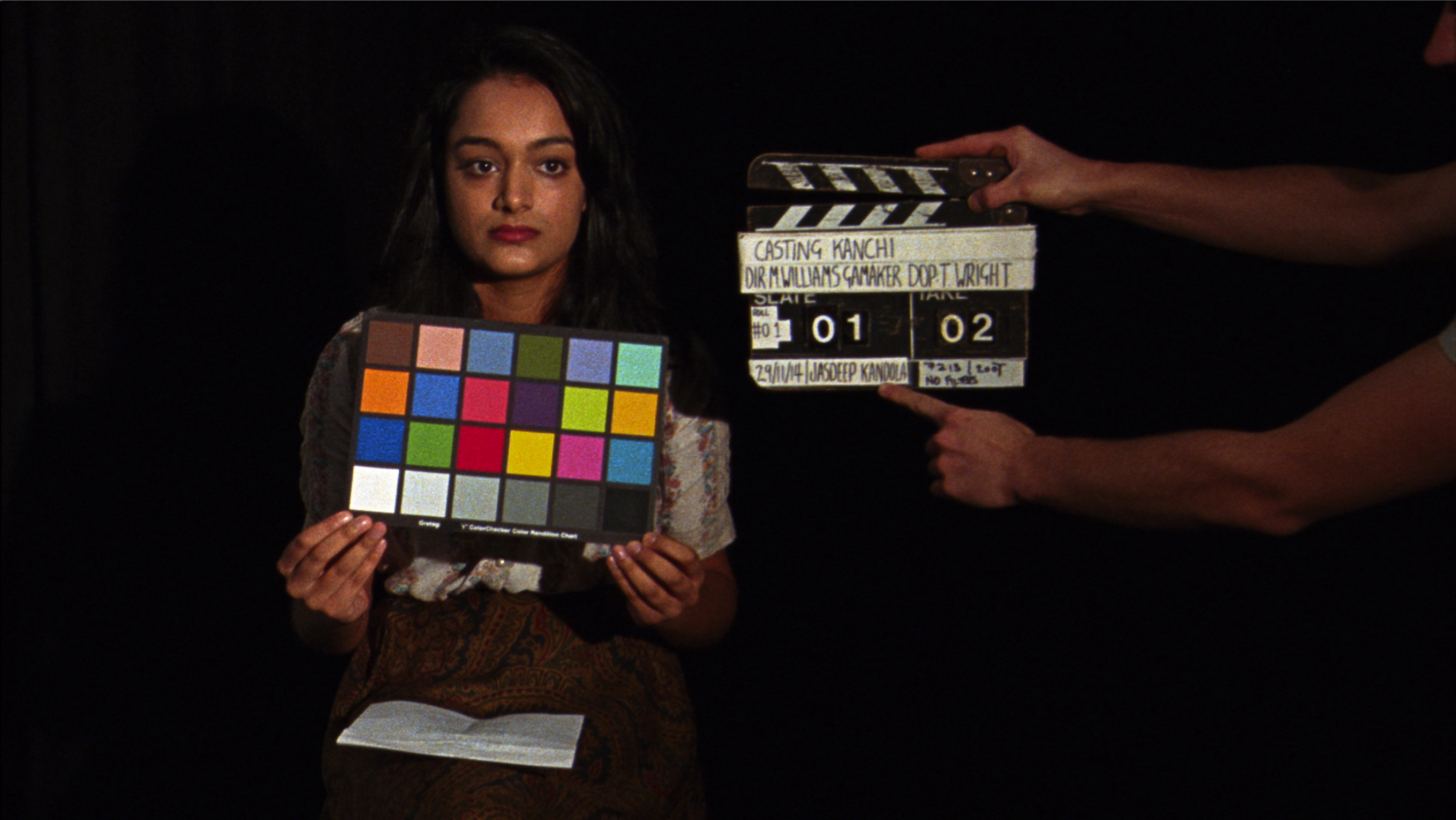Intercultural solidarity and multicultural identities
Kelechi Agwuncha, Michelle Williams Gamaker and Rosanna Lee
A multicultural identity is inherently politicised, sometimes uncomfortable - all whilst being a privilege. As much as you want to be all the sides of yourself, there can be an overwhelming sense of not really being any. Being first generation, second generation, mixed-race people or anything in between varies from person to person, so it is such a personal experience. It makes for a unique sense of isolation and misrepresentation, despite how many people can raise their fists in an I-feel-you-soul-sister fashion. In 2021, people born outside the UK made up an estimated 14.4% of the UK’s population, or 9.5 million people. And London alone is home to more than 270 nationalities and 300 different languages are spoken.** Tether, House of Women, Parallel
REDEYE’s 3 filmmakers, chosen for last March’s screening, help unravel the knots in our stomachs. Knots which harbour feelings of resentment for not belonging, and guilt for having resentment and anxiety for not being able to deal with the guilt. Kelechi Agwuncha, Michelle Williams-Gamaker and Rosanna Lee share intercultural solidarity through their films and play with the idea of culture beyond conversation. They create space for conversations about cultural identity, belonging and representation. And they share the desire to put on screen that which had not previously existed.Kelechi Agwuncha’s Tether explores childhood experiences of playing tetherball and witnessing Ojionu Igbo masquerade figures perform. Michelle Williams Gamaker spoke of connecting to her inner child through the use of play in her work as a restorative gesture to her adolescent self who was absorbed in watching films. And Rosanna Lee’s Parallel presents the bliss of child play against the cultural isolation felt by her young adult protagonist.Intercultural solidarity
In House of Women, Gamaker recasts Kanchi in Black Narcissus (1947), who finally speaks back – as part of the Dissolution trilogy she refers to as ‘fictional activism’. Restoring actors of colour to the forefront of early Hollywood films in these reimagings makes the audience question their complicity in laws, such as the Hays Code, which denied those original performers playing romantic leads with full agency. Gamaker offered her new concept of ‘fictional revenge’, citing a cathartic potential in the healing properties of violence. She uses fictional violence to address the violence of white actors in blackface, brownface and yellowface and the technology invented to deny actors of colour roles.Culture beyond conversation
Lee also referenced another film as her starting point to explore her identity. In The Farewell (2019) Lulu Wang depicts how Chinese American, Billi, navigates attending a wedding in China. Lee’s Parallel draws similar strokes in the personal dynamic within the familial space of a Chinese restaurant. This short moves far beyond words, noticing the mannerisms of people in an intimate room. The decision to not to include English subtitles positions the audience in the same realm as the main character - between observing and participating.
Lee captures a feeling of both belonging and not belonging. The noise of the family she does not understand is rhythmic. Cantonese becomes soothing like a lullaby, just as the dim sum provides connection in its being shared. There is a tenderness in hand gestures. A softness in a preverbal space so specific that it will resonate with many.This relationship with non-verbal language through ritual practices correlates directly to Tether, a likewise spatial work that concentrates on being attached to something that is a form of self-care. Focalising embodiment and identity, Agwuncha spoke of being a first- generation American and how easy it is to lose touch with your own culture. The slow-motion movements in front of the camera enact the healing potential of play to transcend the body, pushing against the acceleration and competitiveness prevalent in commodifying athletes in sports toward their own history.
She also spoke of a vengeful attitude towards pop culture. In creating rooms and spaces that ‘shouldn’t’ exist, there is power in not pursuing a goal of being mainstream or relatable to the masses which facilitates people to relate more deeply on a smaller scale.
These 3 filmmakers show alternate approaches to expressing such distinguished multicultural experiences and how they creep into the lives of the everyday. Yet they also provide resolutions for the internal tensions.**The Migration Observatory, 2022, Migrants in the UK: An Overview [migrationobservatory.ox.ac.uk/resources/briefings/migrants-in-the-uk-an-overview/]







